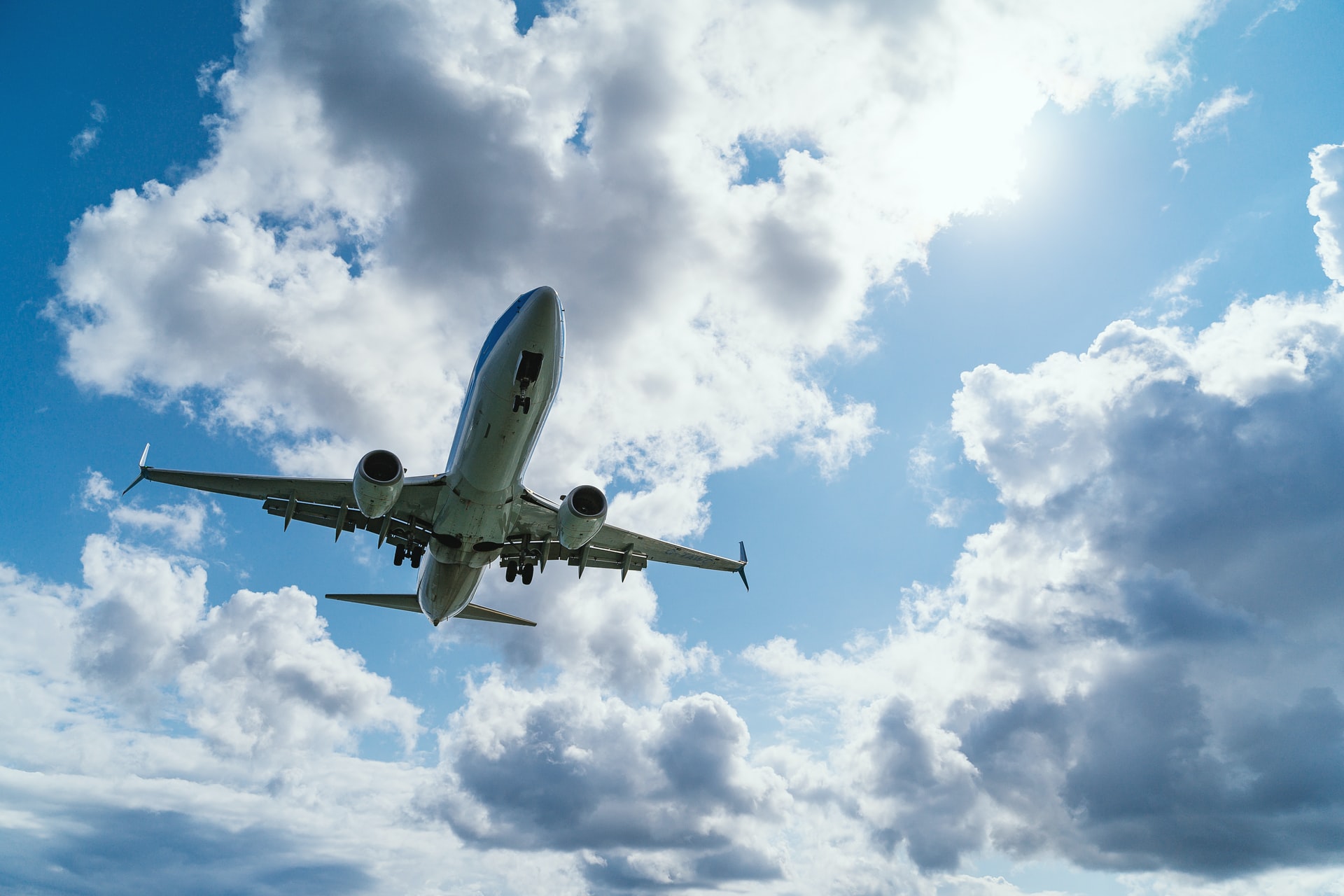Aviation was hardly considered at the Glasgow COP. This despite its emissions not being counted in thenational carbon accounts where commitments were made to reduce emissions, in most cases inadequate commitments, but commitments nonetheless.
Aviation emissions, both domestic and international, are the Achilles’ heel of the tourism industry. Tour operators, tourism authorities, and destinations need to demand that airlines remove carbon and other climate-harming emissions, not just to claim green credentials but to assure the industry’s future. Aviation is responsible for about 2.4% of the world’s CO2 emissions and 3.5% of human-induced climate change when other greenhouse gases and contrails are accounted for. In March 2020, the respected German consultancy Roland Berger forecast that if other industries decarbonise in line with current projections, aviation could account for up to 24% of global emissions by 2050 unless there is a significant technological shift.
The aviation industry argues that decarbonising flying is difficult and will take time and has chosen to fight for the right to continue with business as usual offering offsetting and the use of a larger proportion of fuel from food waste and biofuel. While some airlines are offsetting their emissions most are relying on VCOs, Voluntary Carbon Offsets, where the consumer pays to offset the carbon emitted by planes that the industry has failed to deal with. Generally the “polluter pays principle;” applies to producers, in aviation this is palmed off on to the consumer who is not able to choose to fly other than in a plane which emits unconscionable amounts of carbon. Recent research has revealed how misleading VCOs are. The aviation industry seeks reform of the air traffic control system, the responsibility of governments, to reduce emissions but does very little itself to tackle the challenges.
During COP26, overnight on 10th November, a spoof press release was published by IACAC detailing five significant commitment to reduce emissions by half by 2030 abandoning carbon offsetting and calling for the introduction of a minimum jet fuel tax of €0.33 per litre on flights between member states, with the revenue raised used for climate mitigation and adaptation in climate vulnerable countries.
Sadly the official aviation side event “inaugural meeting of the International Aviation Climate Ambition Coalition” at COP26 continued merely to champion the International Civil Aviation Organization’s framework to support the deployment of sustainable aviation fuel (SAF) and the Carbon Offsetting and Reduction Scheme for International Aviation (CORSIA) which they characterise as “an ambitious long-term aspirational goal” of net zero by 2050.
As with many “Net Zero by 2050” they obscure or deny that by failing to deliver real reductions in aviation emissions now, even if they were credibly to reach “Net Zero by 2050” the damage would be done and average global warming would be well above 2°C. As the Climate Action Tracker, a collaboration of two organisations, Climate Analytics and NewClimate Institute, which has been providing independent analysis to policymakers since 2009, reports CORSIA is “critically insufficient” and that if other industries were performing as badly, the world would be heading for 4°C+.
Airbus is planning to have a hydrogen powered commercial aircraft in the air by 2035 and some airlines are working closely with it and planning to transition rapidly, aviation is critical to our ability to travel tomorrow we need to demand that the aviation industry does more to transition to clean fuel. Aviation is not the problem, its dirty fuel is. We need to hold the aviation industry’s feet to the fire.













